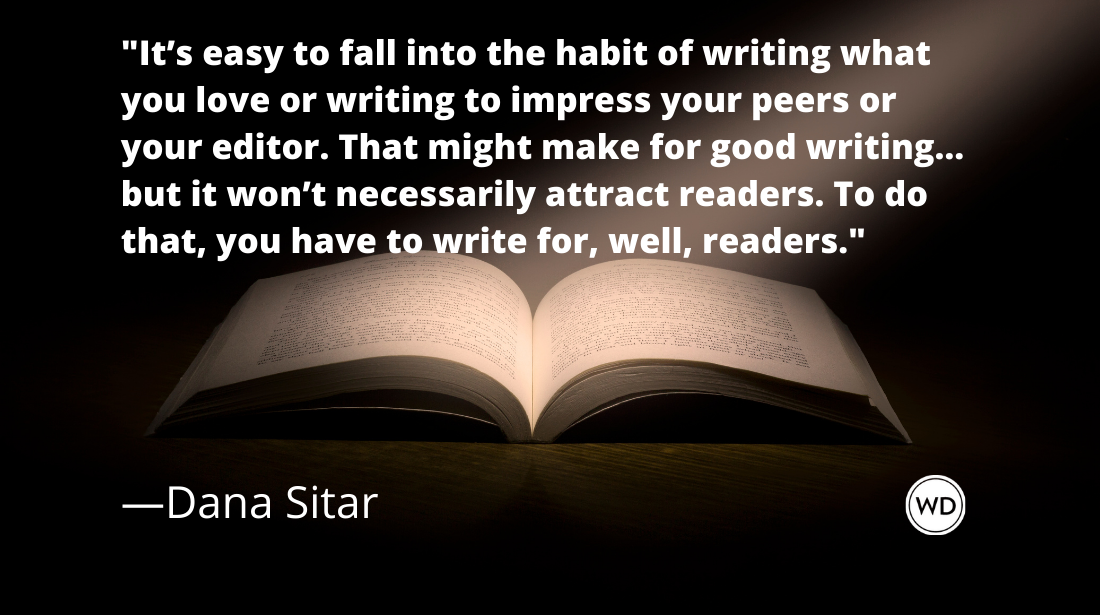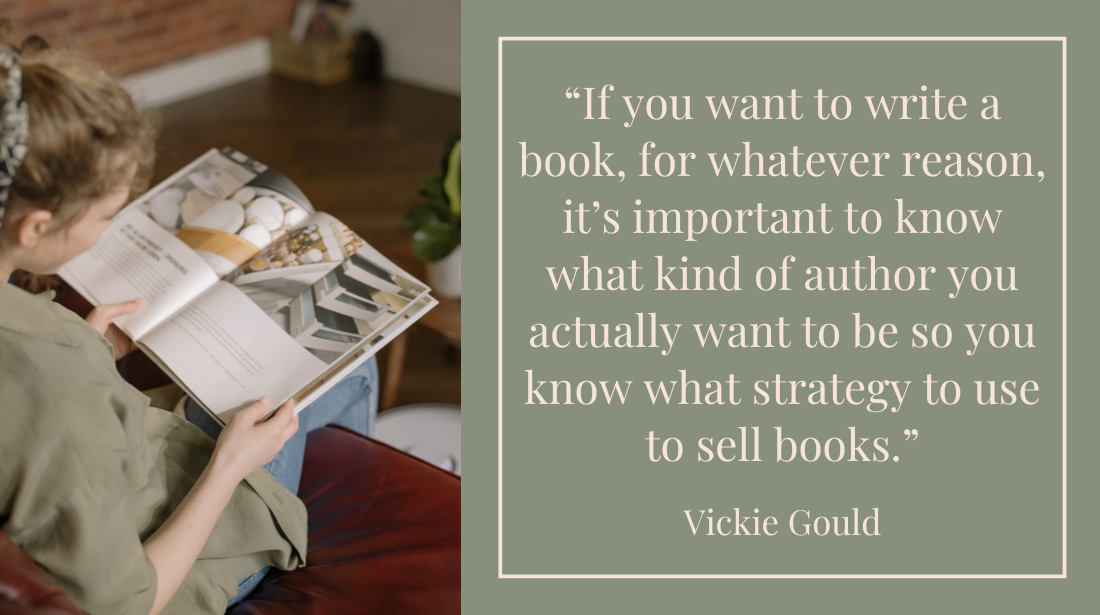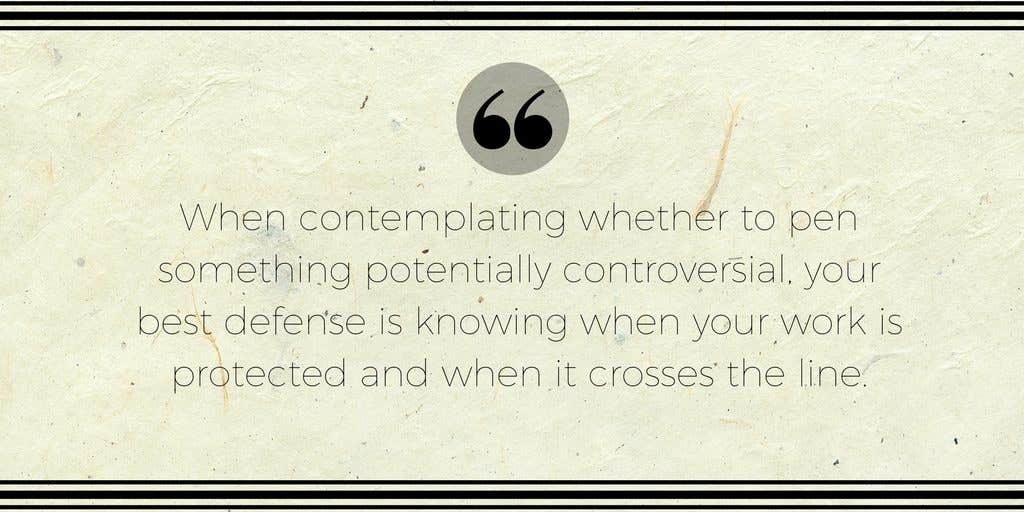Groping for Quotes
When even C-list celebrities won’t talk, it’s time to resort to Plan B.
One of the annoying things about writing nonfiction is that you have to get quotes. And to get those quotes, you have to actually talk to people and pay attention to what they say. In fiction, too, if you want to write about something unfamiliar and Google can't solve your problem, sometimes you have no choice but to come out of the darkened recesses of your food pantry or mother's basement or wherever you do your writing to conduct interviews.
Now, some writers like the change of scenery—the chance to replenish the vitamin D missing from their skin, exercise atrophying leg muscles and interact with real people. I'm not one of those writers. I'll admit that I'm perfectly happy staying pale, cramped and unbathed for up to 72 hours at a time, locked away in my apartment with my computer, Netflix subscription and a weak, left-handed grip on reality.
But usually I don't have much of a choice. When I'm on a freelance assignment, I'm often forced to pick up the phone or, worse, go in person to talk to people.
Because I need money to afford my basic cable package, I swallow my distaste for interviewing and get the job done. "But, Kevin," you ask, "how do you manage to get such brilliant quotes? Teach me!"
Happy to oblige.
1. Pay attention. If I could take one lesson away from all of my interviews, it would be this: Interviewees get really upset if you answer your cell phone while they're reluctantly revealing their innermost secrets. So don't do that. Do your best to pretend you're interested in what they're saying. A foolproof trick is to stare at their chin and nod every 15 seconds. Then, when it seems like they're finished, flatter them with some version of this little beauty I picked up from a romantic comedy: "I couldn't possibly pretend to understand the depths of you. But I'm fascinated."
2. Write down your questions in some semblance of order. Once, while on my way to interview a C-list celebrity, the piece of paper I'd scribbled my questions on flew out the window when I went to pay the highway toll. Thinking I could wing it, I ad-libbed, mimicking the interview technique I'd seen used on a recent episode of "Access Hollywood." I thought it was going well, until the C-list celebrity stopped to ask, "Are you from a local high school or something?"
Keep a backup set of questions about the interviewee's sex life in case he gets quiet. Alternately, do what any good journalist does and ask yourself: What would "Access Hollywood" do?
3. Relish the pauses. This is when you get the best dirt. How long can you stare at someone while he coughs, clears his throat and fakes heart trouble in an effort to avoid answering a touchy question you just posed? Can you beat one minute and 47 seconds?
4. Decide if a tape recorder works for you. There's a tedious debate raging in the journalism world about whether or not to use a tape recorder when interviewing someone for a story. Personally, I avoid tape recorders unless I'm doing a story with possible legal ramifications. Without the safety net of the recorder, I'm forced to discipline myself to write down only things that might be relevant to the story. Plus, transcribing tape-recorded notes takes hours, which cuts into my Pilates workouts.
5. Honesty will get you the best material. Recently, I wrote a profile of a former reality TV star. Everything went smoothly except during our formal, sit-down interviews, when he'd switch over to automatic pilot, using canned responses I could've looked up on the Internet. Finally, tired of the crap I was getting, I told him the truth: I didn't really want to do a story about a reality star, I wasn't getting much out of the interview and I'd probably throw up if he made me take another shot of whiskey. I figured he'd get upset, but instead, it was like a weight was released. Realizing that I was being honest with him, he started being honest with me, and gave me fantastic material. Unfortunately, I'd already put my notebook away.
6. Get out of there. At some point, you're going to need to leave. Interviewing manuals say that you should wait for the natural progression of the conversation to die out, but that's just New Age psychobabble. Set an egg timer to however long you think you can stand (I recommend no more than 20 minutes), and when it goes off—no matter what's happening—politely excuse yourself and don't come back.









